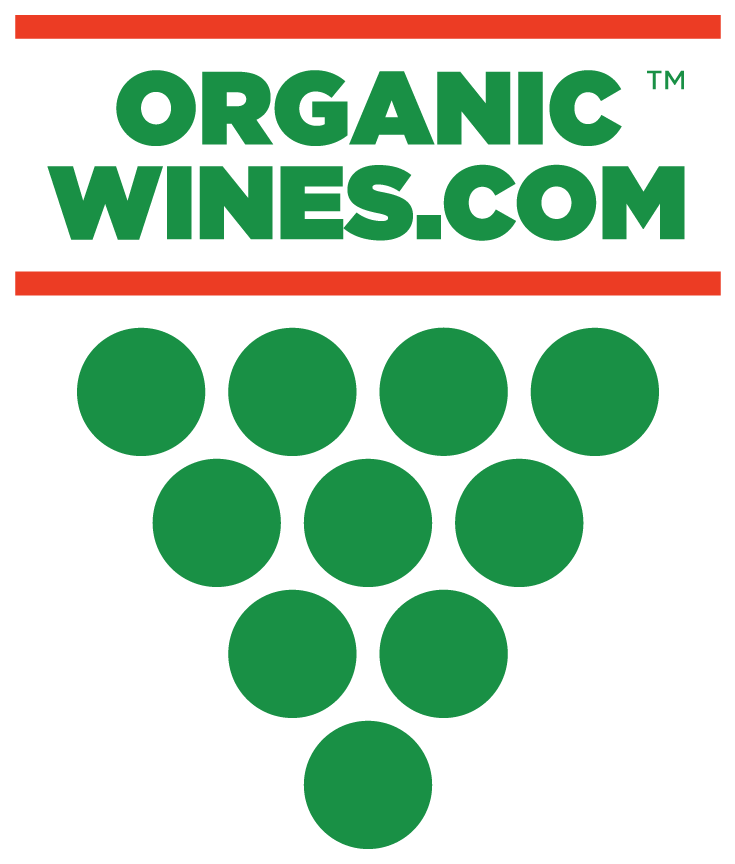
If you've ever pondered whether vegans can indulge in wine, rest assured, the answer is a definite "affirmative." However, before you rush out to grab a bottle of Chardonnay for dinner, it's essential to recognize that not all wines are devoid of animal-derived ingredients.
The growing shift towards veganism may stem from various factors such as concerns for animal welfare, personal health, or environmental impact. Whatever the motivations may be, an increasing number of consumers are seeking transparency regarding the contents of their glass, much like they do for their plates.
Traditional fining agents, often derived from animal sources, can render a wine unsuitable for vegans. Ingredients like egg whites or casein, a milk protein, are commonly used to clarify wine by removing sediment particles that can't be filtered out. However, alternatives are gaining traction, with many producers now opting for vegetable-based fining agents. Vegan wines eschew animal products entirely, allowing sediment to naturally settle or employing non-animal fining agents like bentonite or pea protein. While some animal products like beeswax and milk-based glues in corks may also be used in wine production, many wines remain vegan-friendly, albeit challenging to identify due to labeling regulations. Fortunately, more retailers and producers are now assisting consumers by clearly labeling their vegan-friendly options.
As mentioned, veganism is gaining momentum alongside a growing preference for organic and biodynamic wines, and winemakers worldwide are embracing a more natural approach. Allowing wines to develop organically often leads to self-fining, minimizing the need for animal-based additives in the process. For wines that require fining, winemakers now have access to alternative agents, including clay-based methods. While it's not customary for winemakers to disclose the specific fining agents used on labels, wines produced without fining agents are distinguishable. Look for terms like "Unfined/Unfiltered" on bottles, indicating that the wine was made without such additives, making it suitable for vegans.
Pairing vegan wines with complementary dishes can enhance the overall dining experience. For white vegan wines, consider light fare like salads, vegetable-based pastas, or tofu stir-fries. Red vegan wines often pair well with hearty dishes such as bean stews, grilled vegetables, or mushroom risotto. Rosé vegan wines are versatile and pair nicely with a variety of foods, including sushi, Mediterranean salads, or vegan cheese platters. Additionally, sparkling vegan wines like Prosecco or Champagne can be enjoyed with appetizers like bruschetta, fresh fruit, or vegan sushi rolls. Experimenting with different flavor profiles can lead to delightful culinary discoveries.
In conclusion, the rise of vegan wines reflects a broader shift towards ethical consumption and sustainability in the wine industry. With an increasing number of winemakers embracing vegan-friendly practices, consumers now have a diverse array of options to explore. From crisp whites to bold reds and everything in between, vegan wines offer something for every palate and occasion. As awareness grows and demand continues to soar, the future of vegan wines looks promising. So, whether you're a committed vegan or simply seeking a delicious and conscientious choice, raise a glass to the vibrant world of vegan wines. Cheers to ethical sipping!
